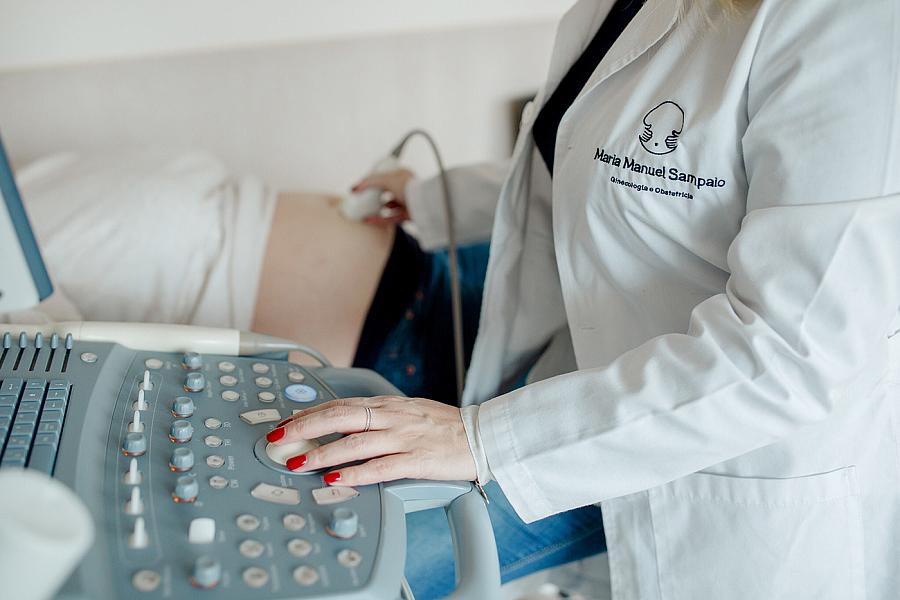We often don't know which drugs are safe during pregnancy — can new guidelines change that?
More than 90% of pregnant and breastfeeding women in the United States take at least one prescription or over-the-counter medication, and often more. Too often, a woman and her doctor have to guess whether the drug is safe and what dose is right, because few studies have looked at the effects of medications during pregnancy and lactation. Now the Food and Drug Administration has taken steps to encourage drug manufacturers to do more research in this sorely neglected area.
In May the FDA issued draft recommendations on how the drug industry can evaluate outcomes in pregnant women who take medications that are already on the market, as well as advice on when to conduct drug studies of nursing mothers, even if the agency doesn’t require them. The draft recommendations — or “guidances,” as the agency calls them — reflect growing concern about the lack of information about how drugs are metabolized during pregnancy and lactation, and about how medications affect maternal health, fetal development and infant wellbeing. The public has until July 8 to comment.
Researchers and drug manufacturers have excluded pregnant women from drug trials for decades, largely out of fears that an experimental medication might harm the fetus. Those fears are rooted in the disasters of thalidomide and DES (diethylstilbestrol). Thalidomide, an over-the-counter sedative in Europe that became popular among pregnant women because it eased morning sickness, was linked to thousands of birth defects in the 1950s and early 1960s. DES, an estrogen prescribed for more than 30 years in the U.S. to prevent miscarriage and other pregnancy-related problems, was banned for use in pregnancy in the early 1970s, after teenage girls and young women who’d been exposed in the womb developed rare cancers.
Neither medication had been studied adequately before it was marketed, so the problems might have spurred health officials to demand that the pharmaceutical industry conduct careful, comprehensive research before selling a drug to millions of pregnant women. As the tragedies demonstrated, without research “we learn about the harm of a medication years or decades later,” said Anne Drapkin Lyerly, professor of social medicine and associate director of the Center for Bioethics at the University of North Carolina.
But the debacles effectively shut the door on clinical research in pregnant women — and women in general. In 1977, the FDA recommended that women of “childbearing potential” be kept out of the early phases of clinical trials, which evaluate the toxicity of an experimental drug and make a preliminary assessment of its efficacy.
Diabetes, hypertension, depression, autoimmune diseases and many other conditions complicate hundreds of thousands of pregnancies nationwide. Women and their health providers are often in the dark as they weigh concerns about drug safety against the risks of stopping treatment for a serious condition.
“It was a paradoxical if understandable response to the thalidomide story,” Lyerly said. “If you were just being logical, you’d say do more research, not less.”
The FDA altered course in the 1990s and began urging drug researchers to include women, acknowledging that they respond to medication differently than men. But thalidomide and DES continue to cast a shadow over research during pregnancy. A 2018 review of hundreds of federally funded large-scale randomized controlled trials, the gold standard of clinical research, found that 68% explicitly excluded pregnant women. Another review, of 558 industry-sponsored studies of drugs already on the market, found that only 1% were designed specifically to monitor the effects during pregnancy; 95% barred pregnant women. And in a CDC study of the 54 most commonly used medications during the first trimester of pregnancy, only two drugs were found to have “good to excellent” data that fully assessed fetal risk.
Meanwhile, over the past three decades, first-trimester use of prescription medication has increased by more than 60%, and the use of four or more medications more than tripled. Diabetes, hypertension, depression, autoimmune diseases and many other conditions complicate hundreds of thousands of pregnancies nationwide. Women and their health providers are often in the dark as they weigh concerns about drug safety against the risks of stopping treatment for a serious condition.
As an OB-GYN trying to guide patients to make informed decisions, and as a mother of five who wrestled with medication choices during her own pregnancies, Lyerly came to believe that the lack of research is neither ethical nor scientifically justified. She co-founded Second Wave Initiative, an academic collaborative that became an early, forceful advocate for the responsible inclusion of pregnant women in biomedical research.
A congressionally appointed task force reached a similar conclusion in 2018. It recommended designing studies to include pregnant and breastfeeding women unless there is scientific reason to exclude them, and urged removing regulatory barriers to their participation. The new FDA recommendations are in line with the task force report.
Lyerly believes the move by the FDA is a step in the right direction: It lays out a path to gather much-needed data. But without incentives — or requirements — that push drug manufacturers to do the research, it’s not clear how many will, she said.
“How do we encourage them to put their boots on and march?”


